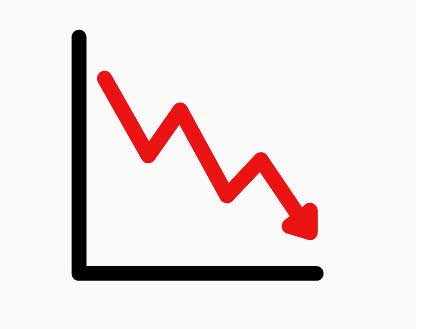The longest and worst period of recession is about to come across the world including America. Economist Nouriel Roubini has this apprehension. He is the same economist who correctly predicted the 2008 economic crisis. After this recession, stock markets around the world crashed and jobs were lost on a large scale. Now once again Nouriel Roubini has recognized the signs of recession.
What Nouriel Roubini said: Roubini believes that the beginning of the recession in the US and globally will be at the end of this year, which can last till the end of 2023. This will be a long time, during which the economy of the world can see the scene of economic devastation.
S&P will fall 40%: With this, Roubini has predicted a big fall in the US stock market’s important index – Standard & Poor’s 500 (S&P 500). Nouriel Roubini said during an interview that the S&P 500 could fall by as much as 30%. If this decline continues, the index may have to suffer a loss of up to 40 percent.
Lack of option with the Fed Reserve: To control inflation, interest rates are being raised continuously by the US Central Bank Fed Reserve. To this Nouriel Roubini said that it seems there is no other option for the Fed Reserve. He said it seems mission impossible for the Federal Reserve to get to a 2% inflation rate without a hard decisions. Roubini expects the Fed to continue raising interest rates by up to 50 basis points in November and December. Rubini fears that many zombie institutions, banks, corporates, shadow banks may end their existence.
No expectation from governments: He said that the world is on the verge of recession, so fiscal stimulus measures are not expected from governments. He said that governments are already running in excess debt. Roubini sees this crisis as the situation in the 1970s. He believes that a large-scale debt crisis can be seen. He said it is not going to be a short recession. This will be a severe and prolonged recession.

